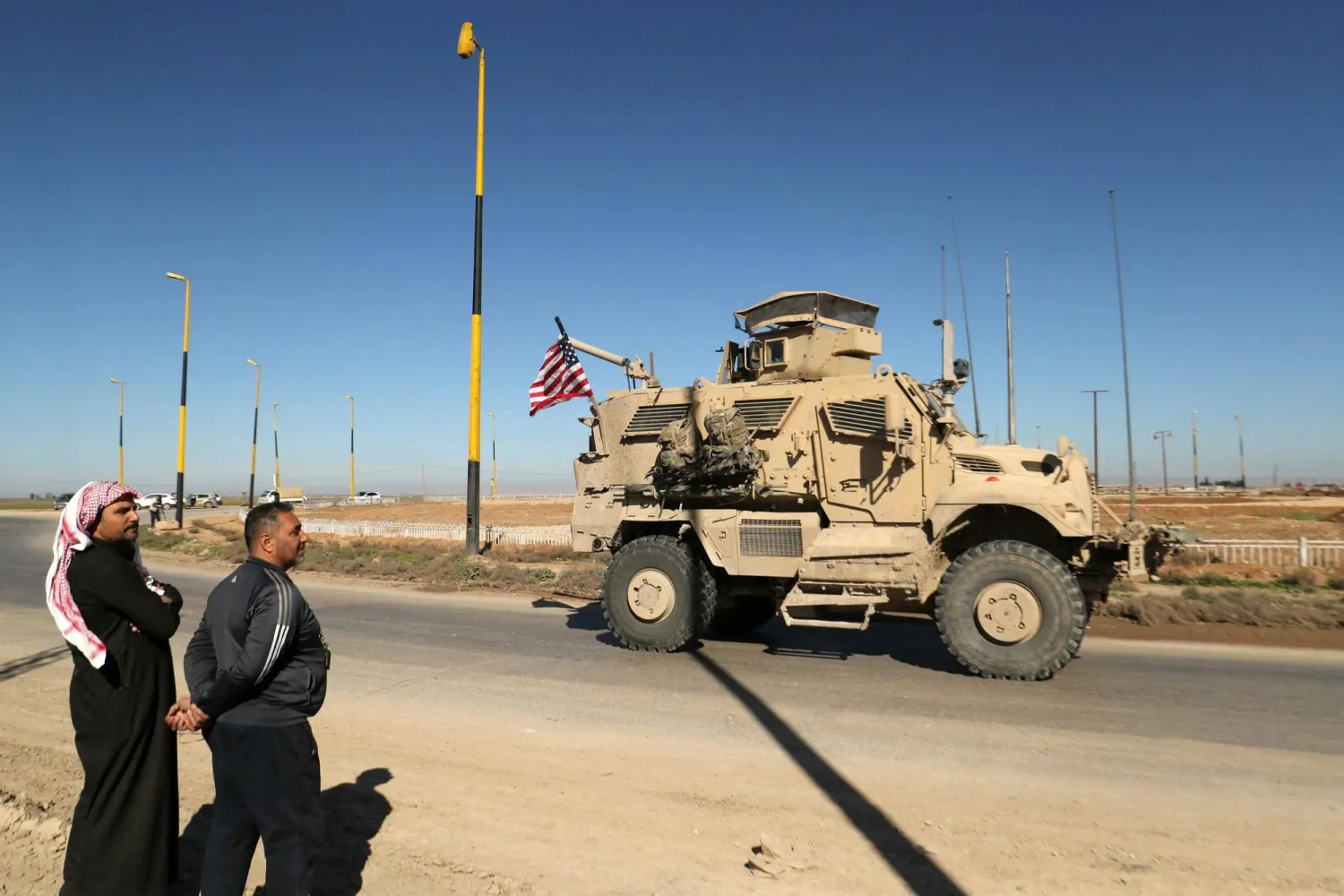Israel's defense minister on Thursday called for the expansion of the stated goals of the war in Gaza to include enabling residents to return to communities in northern Israel that have been evacuated due to attacks by Iran-backed Hezbollah in Lebanon.
"Our mission on the northern front is clear - to ensure the safe return of northern communities to their homes. In order to achieve this goal, we must expand the goals of the war, and include the safe return of Israel’s northern residents to their homes," said Defense Minister Yoav Gallant in a statement from his office.
Hamas' Oct. 7 assault on southern Israel sparked the war in Gaza. Hezbollah opened a second front against Israel a day later and fighting across the Israel-Lebanon border has since escalated, threatening to ignite a regional conflict.
Many border towns in northern Israel were evacuated and residents have yet to return.
Gallant, at a meeting with top military officials, reviewed Israel's achievements so far in Gaza, where its aim is to topple the group Hamas and return Israeli hostages.
He said he would bring the proposal to include the goal of returning residents to northern Israel to Prime Minister Benjamin Netanyahu and the cabinet.
On the ground, Israeli strikes razed an entire residential neighborhood in the Lebanese border town of Kfar Kila.
Lebanese media said Israeli jets carried out four simultaneous strikes on Kfar Kila, destroying several homes and shops.
"The attacks destroyed an entire neighborhood adjacent to the border wall" with the Israeli Metula settlement, they added.
No casualties or injuries were reported.
Since the beginning of the week, Israel has been carrying out its most intense raids on border areas since the eruption of the conflict.
It said the attacks were preempting Hezbollah’s retaliation to Israel’s assassination of one of its top military commanders in Beirut’s southern suburbs in July.
Hezbollah, meanwhile, launched five operations against Israeli military positions. One attack, carried out by drones, targeted the 210th Golan Division in the Nafah barracks, said a statement from the party.
Israeli media reported fires in the occupied Syrian Golan Heights as a result of the drone attack.
No one was injured and no damage was reported.
Hezbollah added that its attacks targeted Israeli soldiers deployed near the Kfar Yuval settlement, the Dovev barracks and Tallet al-Tayhat.
David Azoulai, head of the Metula Council, told Israeli media that over 40 percent of houses have been damaged in the conflict with Hezbollah.
He vowed that the homes will be renovated and repaired, "but we won’t be able to renovate society." He believed that some 20 percent of the residents won’t return, "but that depends on how the situation will be resolved."
If Hezbollah is dealt a strong strike, then I believe much more will return, he remarked, noting that the for the first time in 128 years, schools will not open in Metula this academic year given the unrest.









